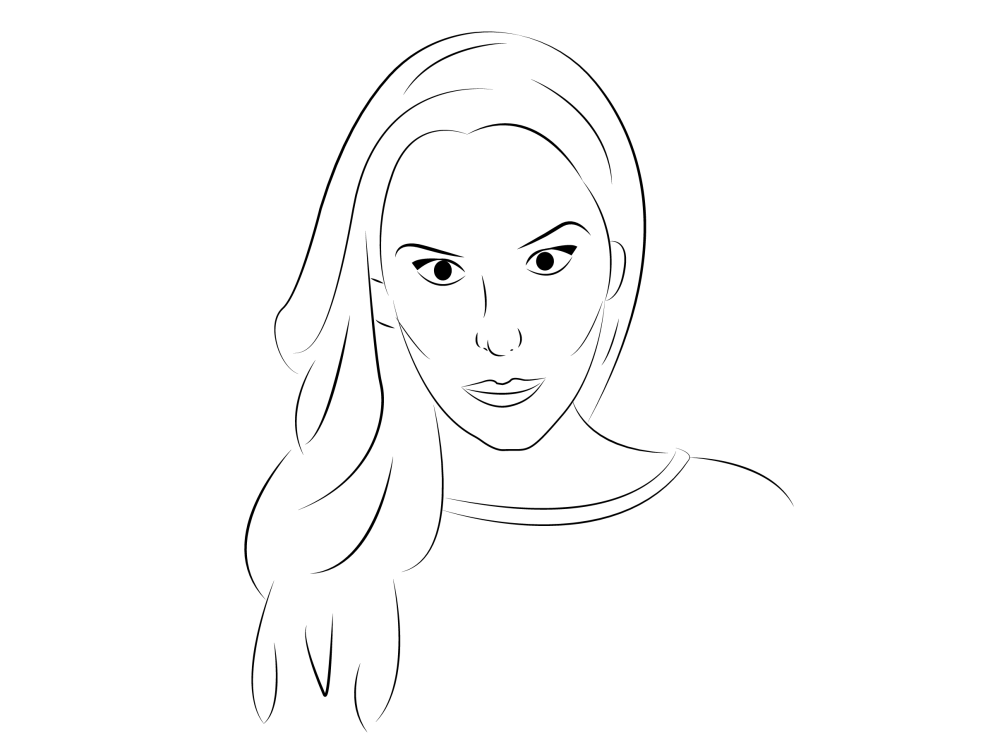A white van drops me at the entrance of what looks like an administrative office. After registering my name, they give me a pair of headphones to listen to the tragedy of millions of people in the language of my choice. Auschwitz-Birkenau was a complex of concentration and extermination camps , built in the beginning of the Second World War, with the obsessive efficiency of the Nazi Germans.
The famous carved letters on the giant gates, welcome me with an ironic promise of freedom: Arbeit macht frei. The cold wind of Autumn shakes all of us who, hypnotized, have stopped, petrified, in front of the gates. I put my hands inside my pockets and walk. The leaves rustle on the ground, a procession of people with serious faces and eyes wide open enters the place, while I count the steps I take, surrounded by a barbed wire shaken by the wind. Between the different blocks a weak grass makes an effort to survive the next winter in one of the saddest places in history.
I walk in front of block number 10, where Josef Mengele experimented mercilessly with Jewish twins. When I arrive to block number 11, the voice in my headphones mentions that it was there where the first tests with Zyklon B were made, the gas used to achieve the famous and twisted ‘final solution’. The cells in this block measure one meter, the punished prisoners were taken there for days and nights, they did not have space to sit and often had to share the cell with at least five more people. A sign at the entrance reads that photographs are forbidden as a respectful gesture towards the dead.
At the very end of the first camp there is a wall, it still preserves the blood stains of those who were executed there: Can you smell the blood? Says one boy to another as they pass me. In the museum lies an unsuspected collection of suitcases with names, that were filled with the innocence of those who think they may get a second chance; thousands of piled shoes and glasses, and kilos of hair, mostly from Jewish prisoners . History keeps its secrets intact behind laminated and armored glass.
They invite us to pass to the gas chamber and we make a voluntary queue, in the same place where years ago, others were forced to queue and never had an option. Undoubtedly it’s pure horror; the marks of nail scratches on the walls, more than passionate historians, help to explain way better , the pain that was suffered between those walls. Everything is covered by a thick and cold darkness, regardless of the daylight and the little lights inside, echoes of cries and the dead, there is no other way to translate it. I go out of the chamber and I am wasted, as I notice that everyone else is just as affected as I am. We can go out and never come back, we can say no to the torment of remembering what happened to them; they couldn’t. And there I convinced myself that we have to go through this, because history does not grant us the right to forget.
Once again I am in the van to cover the distance between Auschwitz I and Birkenau. The latter is the real entrance to hell. Millions of persons died there, Jews, deported peoples and gypsies. A huge and empty platform welcomes us, the same platform that years before welcomed Primo Levi in his journey towards nothingness , towards the last human abyss.
The ruins do not erase the horror. They explain to us that those who arrived to Birkenau were immediately directed to the gas chambers, sometimes the Nazis would make a selection of those who were apt to work or useful to experiment with. The rest would form a line to the chambers where signs translated into different languages would inform them they were in the showers. As some survivors told, the hall that welcomed the newcomers, was clean and full of light, in order to facilitate order for it would calm them down. Immediately after, they were ordered to undress and walk to another hall, also full of light. The doors were shot and the Zyklon B did its job.
The rooms where those who were not gassed are empty, but they give the feeling of being inhabited, one can almost see them walking in their striped uniforms, dirty and worn out, while they write on the walls, all the things none of us could ever understand now, even if we tried : soundless cries.
There is a bit of sun as I finish going through the vast camp, I feel a terrible need of going out of there and silently I walk towards the entrance, and I share the same fear as everyone else: nobody wants to be forgotten in Auschwitz.
I go back to my hotel in Cracow, it is already dark outside when I go to bed. I try to sleep. I feel a terrible need of going back.


